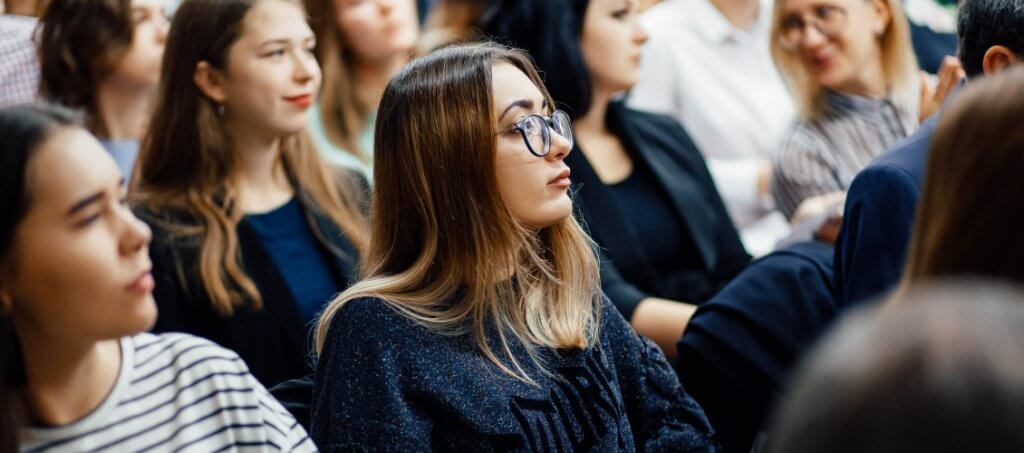Hermeneutics Seminar
There are so many Great Texts – philosophical, literary, artistic, legal, political, media ones. The seminar aims at developing the advanced interpretative skills that would accumulate basic knowledge in Social Sciences and Humanities acquired during previous two years of study and allow a student to pass to their own creative or research activities. Interpretation and comprehension strategy of the seminar is based on the following methodological premises:
- Contextualization of texts and creative works: consideration of particular discipline’s topics (Media and Technology, Governance and Justice, Design and Public Arts, Freedom and Transformation) in the context of the Core Curriculum’s big questions (about human life, knowledge, society, etc.) to provide students with the sense of European tradition.
- Texts from a historical perspective:
- Reading them not as sets notions and definitions, but as stories, coherent narratives with specific textual, “pictorial” patterns (and complementary “reading” of images, videos as visual texts), in order to discover the hermeneutic potential of the poetic word.
- Placing them in particular historical context, demonstrating that abstract knowledge is always socially relevant and historically specific.
- Reading texts through the lens of personal experience, combining being in time and involvement in history in the act of comprehension.
The students will develop the following competences:
- Students will define and pursue research topics which can make a significant contribution to the knowledge of human beings, their forms of expression and their cultural and social environments.
- Students will develop skills to work autonomously in their own field and in a collaborative way with others in order to increase their knowledge and facilitate its transfer into other interdisciplinary areas.
- Students will gain the ability to organize, plan, make decisions and assume responsibility for the quality of work and its social results.
- Students will gain experience in both leadership and followership through activities related to scholarship and civic engagement.
- Students will demonstrate a capacity for original thinking based on the ability to look critically and self-critically at ideas and be able to apply them in practice.
- Students will assess their own strengths and weaknesses and devise strategies to fulfill their research and professional goals. Students will understand the importance of maintaining a commitment to life-long learning and open-mindedness.
